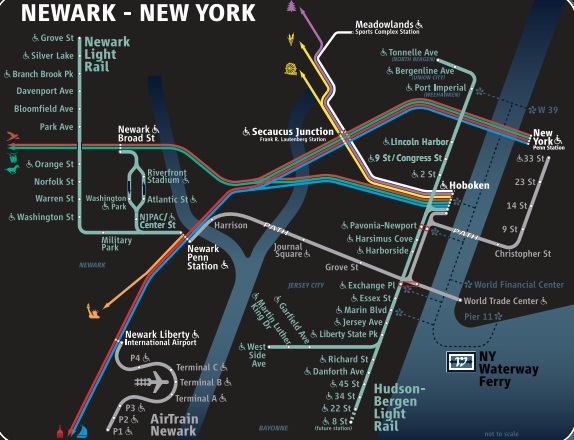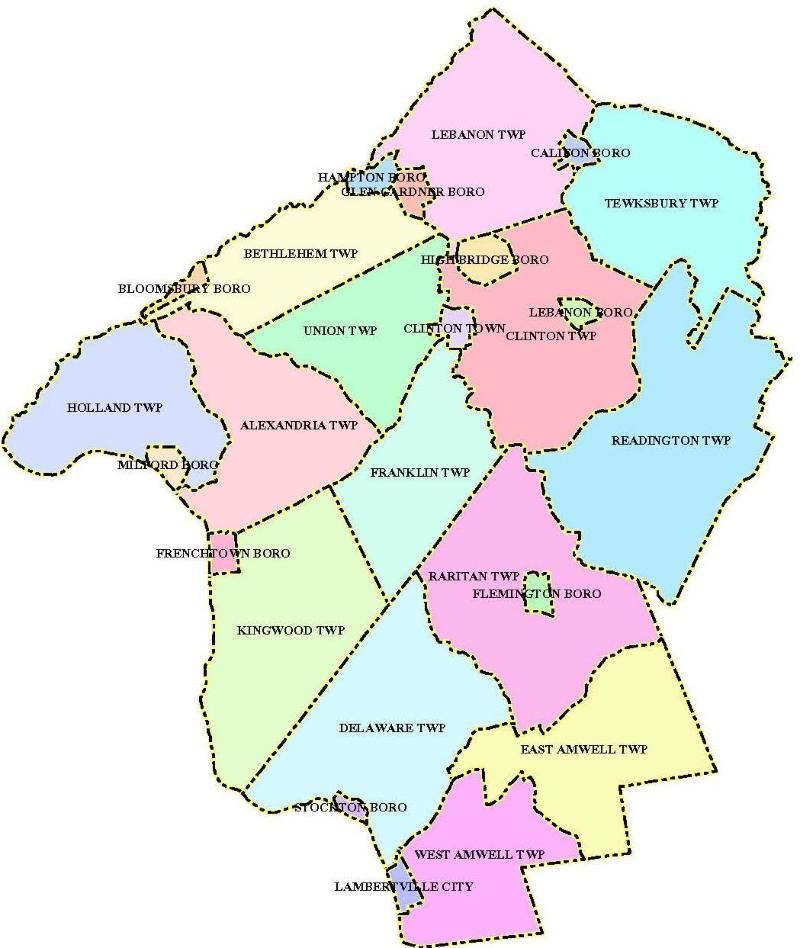New Jersey Future Blog
Poll Finds Majority Support for Land-Use Policies to Combat Climate Change
June 23rd, 2011 by Jay Corbalis
A week after New Jersey Future published an op-ed criticizing the state’s Energy Master Plan for ignoring transportation and land use, researchers at Yale have released a study showing broad public support for land-use policies aimed at addressing climate change. The poll deals with a range of issues related to climate change, but its findings on land use are particularly interesting. The poll found that:
- 58 percent would support “changing your county’s zoning rules to require that neighborhoods have a mix of housing, offices, industry, schools, and stores close together, to encourage walking and decrease the need for a car”
- 58 percent would support “changing your county’s zoning rules to decrease suburban sprawl and concentrate new development near the center of cities and towns, reducing commuting times”
- 50 percent would support “changing your county’s zoning rules to promote the construction of more energy-efficient apartment buildings, instead of less efficient single-family homes”
The poll also found strong, bipartisan support for expanding alternatives to driving; 80 percent of respondents supported “increasing the availability of public transportation” in their county, while 77 percent supported “constructing bike paths and installing bike lanes on city streets.”
Not surprisingly, support plummeted when the question turned to how to pay for these improvements. Only 28 percent supported a 10-cent increase in the gas tax to finance improvements to public transportation.The full report can be seen here.
–Republicans and Independents Support Public Transportation to Alleviate Climate Change, Study Finds (T4 America)


















Unfortunately, this study asked the wrong question for it to be useful in “proving” support for life changing sacrifices. Folks are willing to see mixed use and density “over there”. While the changes are within their county, the question presupposes a “center” which nearly every suburbanite believes is not where they are, regardless of demographic facts. Ask the same question about the parcel near their home, and the answer is sadly, very different.
Inclusionary housing refers to a broad range of practices and policies directed at securing affordable housing in mixed-income projects through the development regulations and approval process.